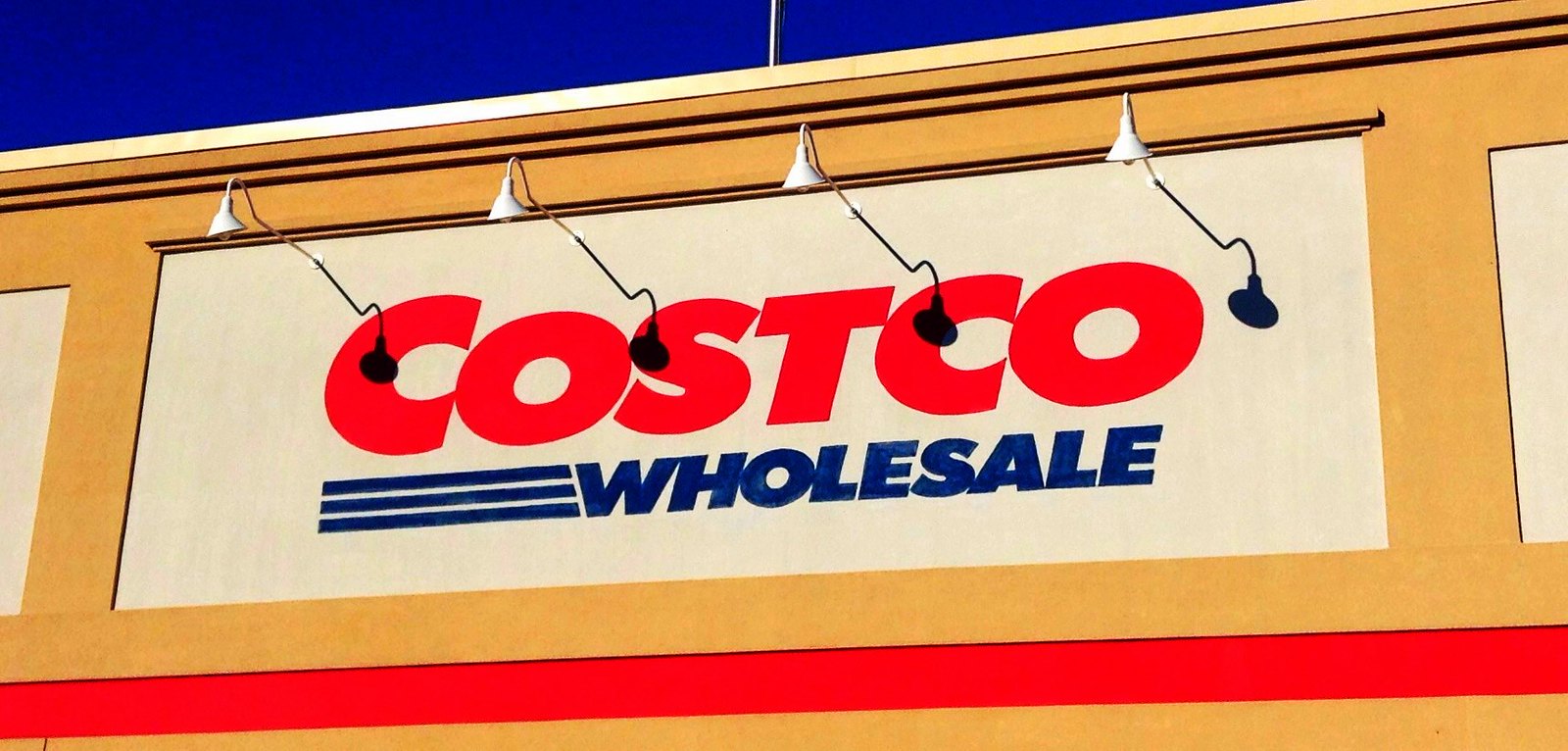In a World Dominated by Amazon, Costco Is Thriving. They Do It By Focusing on 2 Simple Things
Image credits: Mike Mozart via Flickr
A lot has changed in the world of retail over the past few decades. While legacy stores like Sears and Toys "R" Us have gone bankrupt and are left for dead, Walmart is desperately fighting to hold off Amazon and the e-commerce tsunami.
In the midst of the retail apocalypse, however, Costco is thriving.
The company just released its latest results, which include over 7 percent growth and a surge in net income (27 percent, to $889 million). Comparable store sales continue to grow, as does the company's e-commerce business. And worker satisfaction is off the charts.
So, how does an old-school company like Costco flourish in the modern age?
An examination of the company's philosophy and strategy reveals a very smart, emotionally intelligent approach.
Here are two things that stick out:
1. The pursuit of a people-first culture.
As companies grow, it's difficult to keep people happy. But with 243,000 employees worldwide (163,000 in the U.S.), Costco has managed to do just that: 81% of employees would recommend working for Costco to a friend, and 91% approve of the CEO, according to Glassdoor.
How do they do it? By living a culture that consistently rewards employees, both financially and emotionally.
Costco has a reputation for leading the retail pack when it comes to employee compensation. The company announced that it recently raised starting wages in the U.S. to $15 an hour, the second such increase in less than a year. At the same time, Costco raised supervisor pay and started offering paid parental leave for hourly employees.
But according to Costco co-founder and former CEO Jim Sinegal, Costco's culture goes far beyond employee compensation.
"People are happy with a job for more reasons than money," Sinegal said in an interview. "There's generally a pride in the organization.... There's an attitude that there's security, that somebody does care about them, that we're offering careers. We're not offering jobs; we're offering careers."
A people-first culture includes encouraging employees to achieve the right work-life balance.
Todd Miner, an employee running one of Costco's butcher shops, can attest to this.
According to a profile published by the MIT Sloan School of Management, Miner's meat shop had become one of the highest performing in the company--but he was working six days a week and many holidays in the process. A new store manager arrived with some counterintuitive advice for Miner:
Stop working so much.
Yes, Miner was doing a great job, but he was missing valuable time with his family in the process. "Who says that?" asked Miner.
"A Costco manager, that's who," said Sinegal. "Culture is not the most important thing in the world; it's the only thing."
2.The ability to give customers what they want.
Costco made headlines recently when it took over the coveted top spot for customer satisfaction in the American Customer Satisfaction Index (ACSI) for 2018-2019. (The ACSI uses data from interviews with roughly 300,000 customers to get their results.)
Who did they dethrone?
None other than Amazon--the company who prides itself on "customer obsession."
Anyone who's ever been in a Costco can see how they keep customers happy. The approach is completely "no-frills": It's basically a warehouse stocked with goods. No fancy advertising and virtually no salespeople--except for the ones giving out free samples.
In addition, Costco warehouses only carry about 4,000 SKUs (stock keeping units). compared to the 30,000 found at most supermarkets. According to Costco's website, products are chosen carefully "based on quality, price, brand, and features."
This tight operation, along with the buy- and sell-in-bulk model Costco helped popularize, allows the store to pass on dramatic savings to the customer.
Add to this the fact that Costco has:
an insane return policy that allows customers to bring back items for a full refund (even years later);
a private brand, Kirkland, that's especially popular with families; and,
has now begun introducing same-day grocery delivery
...and it's easy to see why Costco is so successful at keeping customers happy.
Great pay. People first. Customer satisfaction. Emotional intelligence.
These are just a few reasons Costco is thriving in modern retail.
The key, according to Sinegal, is to continue thinking like a small company.
"We want to always try to stay in that position, in that posture," Sinegal says. "To be very adroit and very nimble, and able to react quickly and stay ahead of the competition."
"How well we do that will determine how successful we are in the future."
Enjoy this post? Check out my book, EQ Applied, which uses fascinating research and compelling stories to illustrate what emotional intelligence looks like in everyday life.
A version of this article originally appeared on Inc.com.
